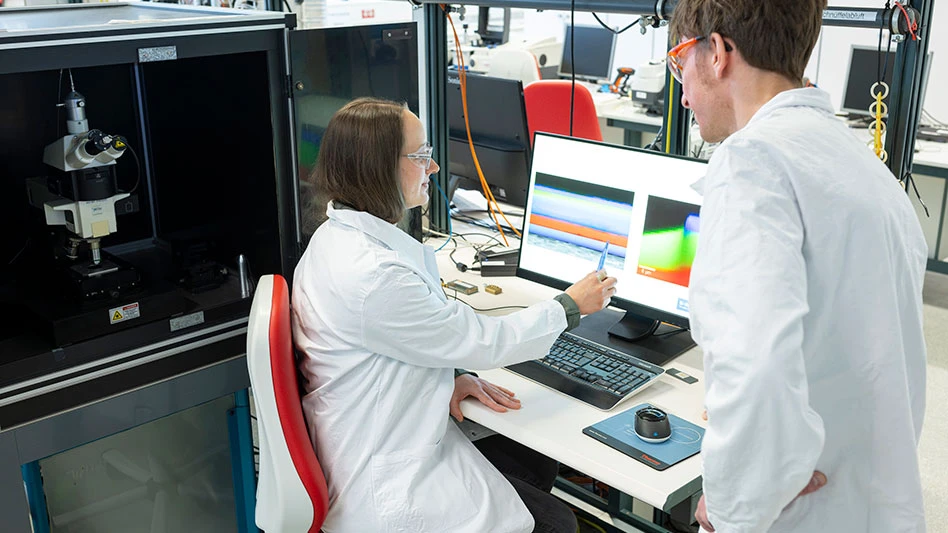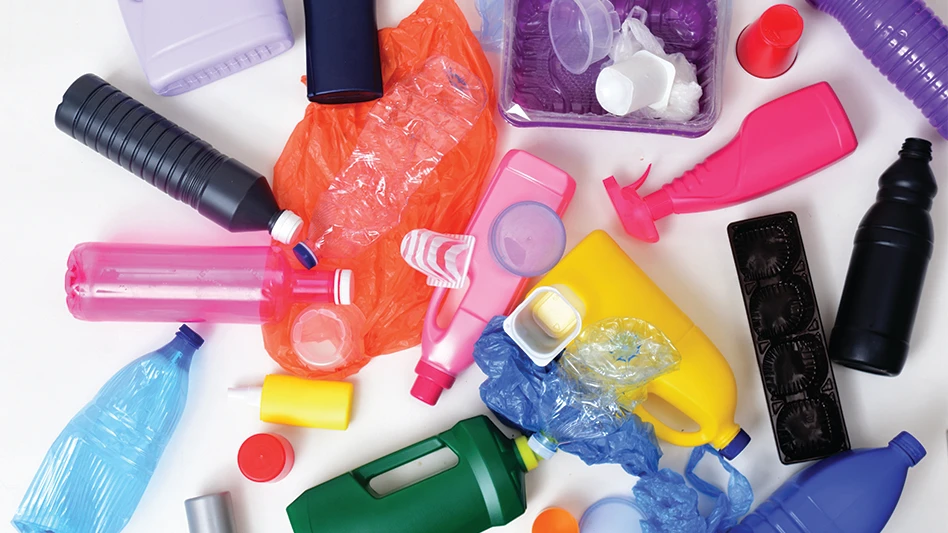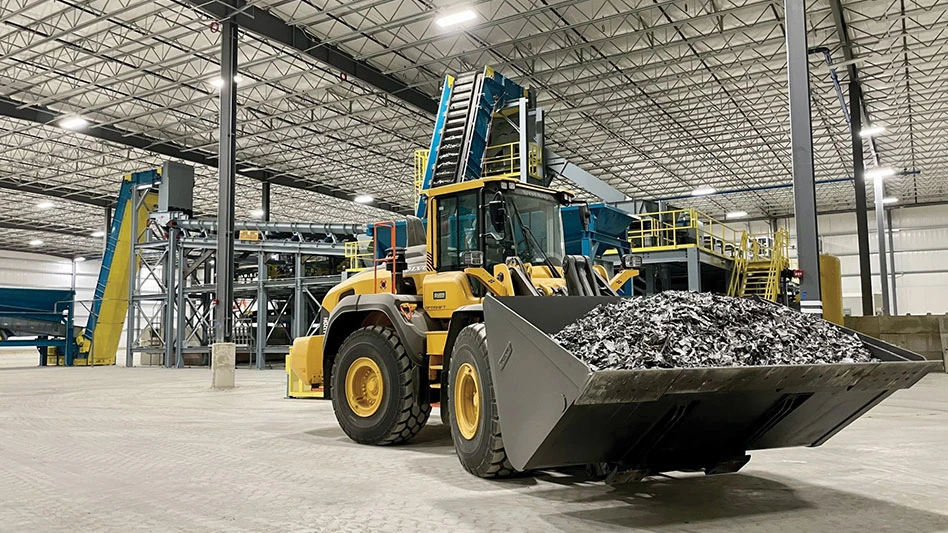SABIC, Mars Petcare and Huhtamaki have announced that their collaboration in pet food packaging using certified circular polypropylene (PP) from SABIC’s Trucircle portfolio has been expanded to the Sheba brand. Mars Petcare, part of Mars Inc., McClean, Virginia, has adopted a flexible film structure with SABIC PP BCT18F impact copolymer for retort pouches that are used to package Sheba wet food. The multilayer film is manufactured by Finnish company Huhtamaki.
“We are very pleased about the ongoing strategic efforts with Mars and Huhtamaki,” says Lada Kurelec, of SABIC. “The transformation of the industry towards a circular economy requires unprecedented innovation and intensive collaboration across the value chain. Together, we have set another milestone on this exciting journey.”
“Over the past year, we have been closely working with SABIC and Huhtamaki, continually testing and learning and scaling up the recycled plastic content in our pet food packs,” says Barry Parkin, chief procurement and sustainability officer at Mars Inc. “As part of our Sustainable in a Generation plan, we are committed to doing our part to help drive a circular economy, which includes redesigning our packages for circularity. The fact that we are now able to introduce recycled content into our Sheba pouches helps us accelerate our journey to achieve 30 percent average recycled content in our plastic packaging and to reduce by 25 percent our use of virgin plastic.”
In November 2020, Mars Inc. announced its goal to introduce food-safe recycled content PP into its pet food packaging.
The companies say one of the most critical issues to overcome for the joint development team were the technical challenges involved in receiving approval for the complex new packaging structure. Wet food retort packaging is associated with demanding thermal processing conditions to ensure the highest food quality and help Mars Petcare achieve its purpose of creating a better world for pets. By using material from a recycled source under the International Sustainability & Carbon Certification (ISCC) PLUS program, it proves that under even the most challenging of packaging processed, recycled content can be safe and a reality for the future, the partners say.
Marco Hilty, president of Huhtamaki’s Flexible Packaging business segment, says, “Successfully processing recycled polymers into high-quality, easy-tear films for wet retort packaging at an industrial scale is a significant milestone in delivering on our ambition to have more than 80 percent of our raw materials renewable or recycled. This is important for consumers and in line with our ambitious 2030 strategy.”
Huhtamaki uses the certified circular polymer as a phthalate-free and gel-controlled film layer, which lends the flexible pouches high impact strength and puncture resistance even at low temperatures down to negative 20 C. For wet food packaging, the pouches must also be capable of withstanding a retort temperature of 135 C for 60 minutes. Even higher thermal resistance of up to 160 C might be needed in freezer-to-oven applications.
Latest from Recycling Today
- Supersede launches marine-grade plywood replacement
- Redivivus, Re-New-Able to build LIB recycling facility in Illinois
- Indiana county awarded $65K recycling grant
- Mixed paper, OCC prices end year on downward trend
- Updated: CAA submits final draft program plan in Oregon
- Enviri names new president of Harsco Environmental business
- Survey outlines ‘monumental challenge’ of plastic packaging collection in UK
- Nippon Steel acknowledges delay in US Steel acquisition attempt





